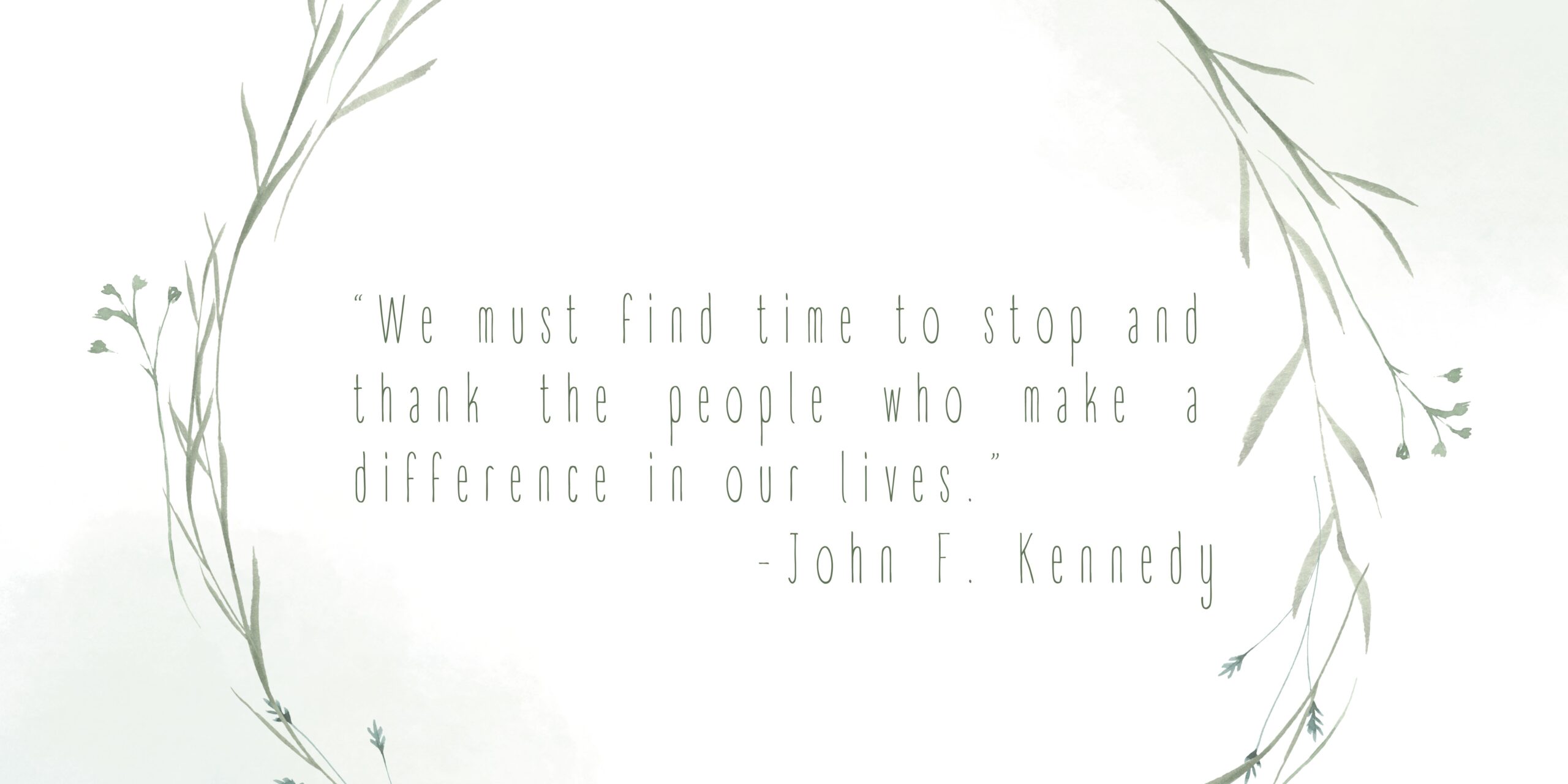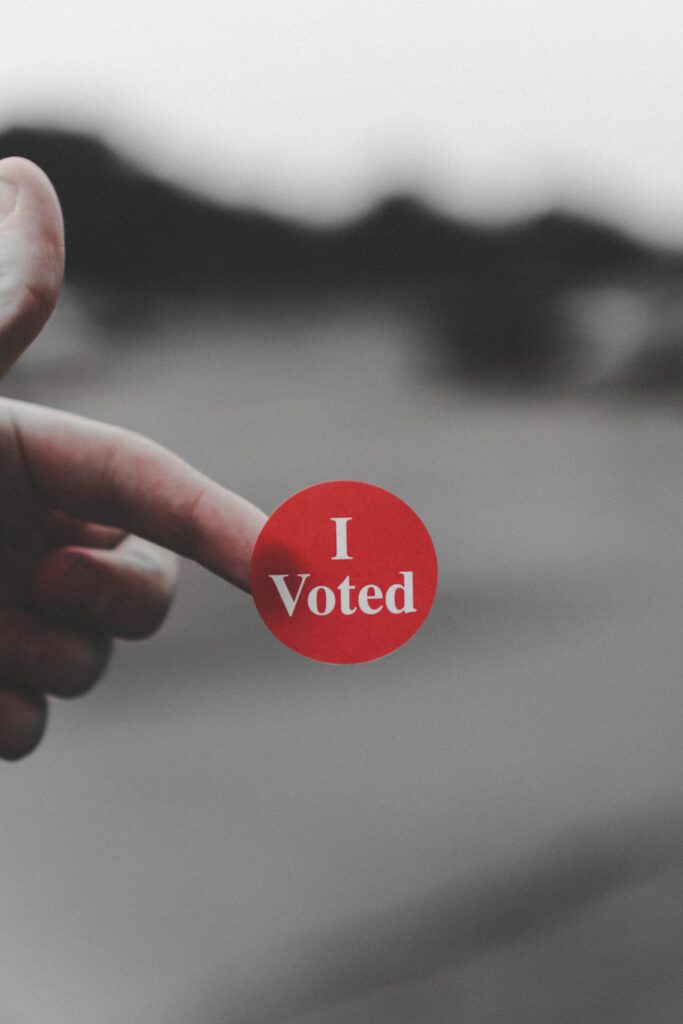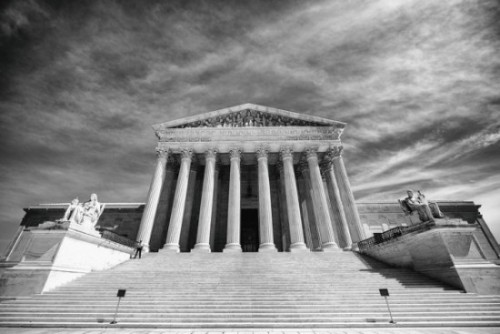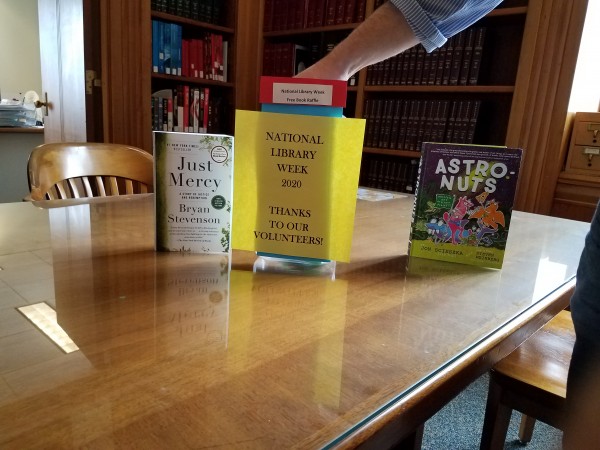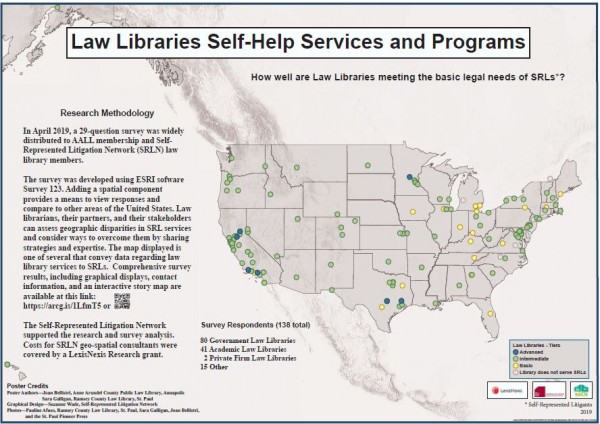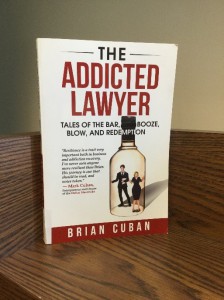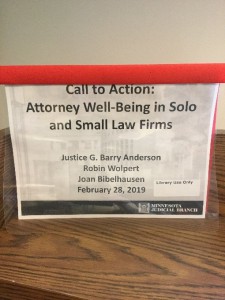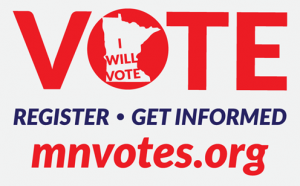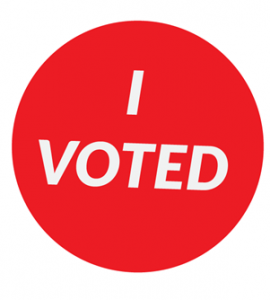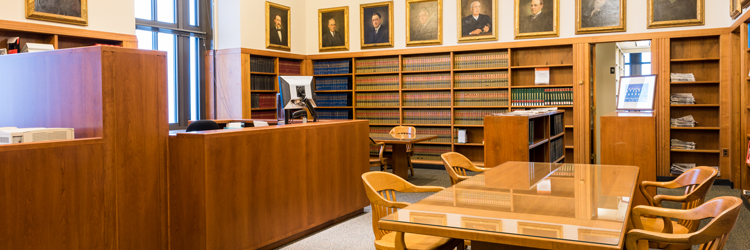
The consequences of having a criminal record can stay with a person long after time in prison is completed. Oftentimes, these crimes occurred years ago and are not a reflection of who the person is now. Even so, having a criminal record can prevent a person from getting a job or housing, can be barred from obtaining licenses in certain professions, can be denied the right to vote, or own a gun, and more.
Expungement is the legal process of sealing a criminal record. An expunged criminal record will not be accessible to the public. Sealing a criminal record can make it easier for you to find housing, get a job, and obtain certain types of job-related licenses. In Ramsey County, you have many resources for getting help with expungement. Here are a few of them.
Ramsey County Criminal Expungement Clinic
The Ramsey County Law Library hosts a criminal expungement clinic every 2nd and 4th Thursdays of the month. The clinic is run by the Ramsey County Court Self-Help Center, and it is staffed by a volunteer attorney from Volunteer Lawyers Network (VLN) and local attorney volunteer Dan Shapiro. Shapiro is a long-time volunteer for this clinic, and he is also a regular volunteer with Habitat for Humanity. “Everyone deserves a place to live, and everyone deserves a second chance,” he said.

- Dennis Lee Lamar Bell, Jr. is making copies of his expungement paperwork at the Ramsey County Law Library.
One clinic attendee who is making the most of his second chance is Dennis Lee Lamar Bell, Jr., who is working to get his record cleared. He attended the clinic to start the paperwork for getting the expungement process started, but really, he had been working on getting his expungement for much longer than that. After consulting with the volunteer attorneys at the clinic, Mr. Bell spent several hours in the library filling out his forms, making copies of pictures and documents, and getting testimonials from others to show the court how he is not the same person as he was when he committed the crime.
To assist and support clients who are completing court forms, it is the policy of the Ramsey County Law Library to honor current, signed, fee waiver forms. Litigants with a signed fee waiver can make to make photocopies of their paperwork at no charge.
Ramsey County Criminal Expungement Clinic
2nd and 4th Thursdays of each month
1:00-3:00 p.m.
Ramsey County Law Library
15 West Kellogg Blvd
1815 Court House
St. Paul, MN 55102
Call 651-266-8391 for more information.
Ramsey Criminal Defense Law Clinic
While the Criminal Expungement clinic is on the 2nd and 4th Thursdays, on the 1st and 3rd Thursdays of the month, the Ramsey County Law Library holds its newest clinic, the Ramsey Criminal Defense Law Clinic from 1:00 – 3:00 in the afternoon. While the attorneys at this clinic do not have time to walk you through the whole expungement application, they can answer questions about the process, and they can review your case to see if you qualify for expungement.
They can also answer other criminal law questions, too, like, what you should do if you missed your hearing, how to prepare for your trial, how to get copies of dashcam video, and how to subpoena witness or documents to support your case. Each client can spend up to half an hour to talk to the attorney about their legal issue, and they can definitely answer your expungement questions.
This clinic is staffed by volunteers based in the Twin Cities Metro area who have experience representing clients in Ramsey, Washington, and other counties in the Twin Cities metro area.
Ramsey Criminal Defense Law Clinic
1st and 3rd Thursdays of each month
1:00-3:00 p.m.
Ramsey County Law Library
15 West Kellogg Blvd
1815 Court House
St. Paul, MN 55102
Call 651-266-8391 for more information.
HelpSealMyRecord.org
The Ramsey County Attorney’s Office as well as the Washington County Attorney’s Office will help you to determine if any offenses in your criminal history can be expunged. If you apply through the Ramsey County Attorney’s Office and you qualify for expungement, you won’t have to fill out any paperwork and you won’t have to pay any fees to get your record expunged. In fact, the County Attorney’s Office will see to the process for you. As Ramsey County Attorney John Choi said,
Prosecutors are ministers of justice. Therefore, it is our legal and ethical responsibility to help rehabilitated people who have paid their debt to society to remove the scarlet letter of a criminal conviction and the barriers it creates to accessing jobs, housing, education and other necessities in life.
Since October when the program first started, hundreds of people have applied to see if their record could be expunged. With limited staff able to review the requests, there is a small lag time from when a person applies to be considered to when they hear back from the County Attorney’s office.
Informational sessions at the St. Paul Public Library
If you are interested in learning more about the expungement process, but are not quite ready to start the process, two branches of the St. Paul Public Library host informational sessions for patrons once a month. At these sessions, volunteer attorneys from the Volunteer Lawyers Network will start with a brief presentation about criminal expungement in Minnesota. Afterwards, you can meet with volunteer attorneys who can answer your brief questions and who may also be able to connect you with other attorneys or clinics for further assistance. The locations and times for these clinics are:
Saint Paul Public Library – Arlington Hills Community Center
1200 Payne Avenue
Saint Paul, MN 55130
651-632-3870
1st Friday of each month – noon (12:00 pm)
Saint Paul Public Library – Rondo Community Outreach Library
461 N. Dale St
Saint Paul, MN 55103
651-266-7400
3rd Friday of each month – noon (12:00 pm)
A listing of all criminal expungement clinics in the metro area is on the VLN website here: https://www.vlnmn.org/ce
Expungement can remove significant barriers to employment and other areas, and assist non-incarcerated Minnesotans to secure employment, self-sufficiency and stability.

